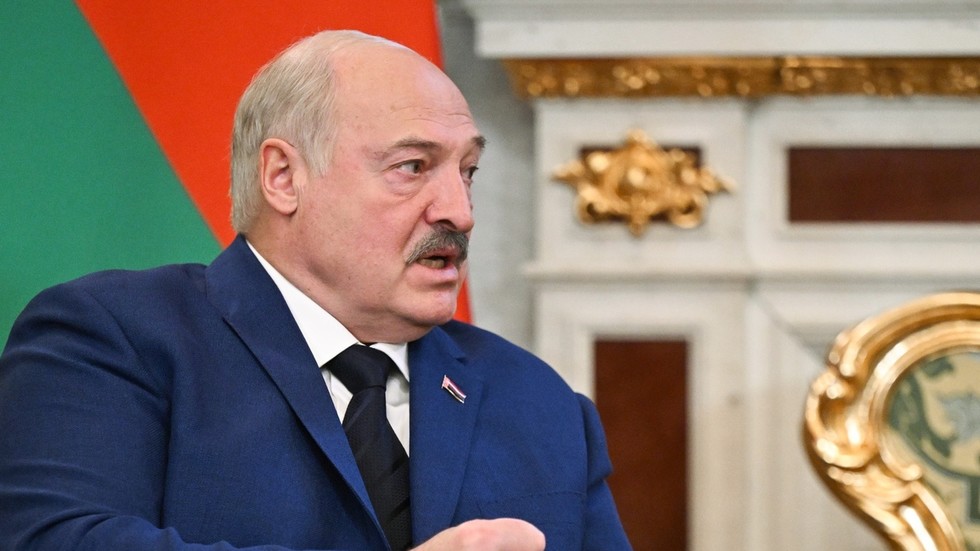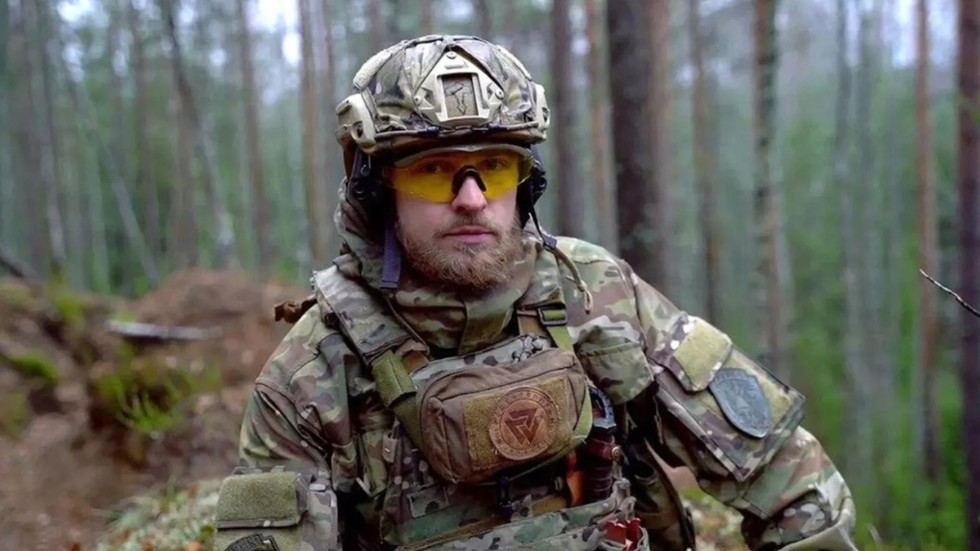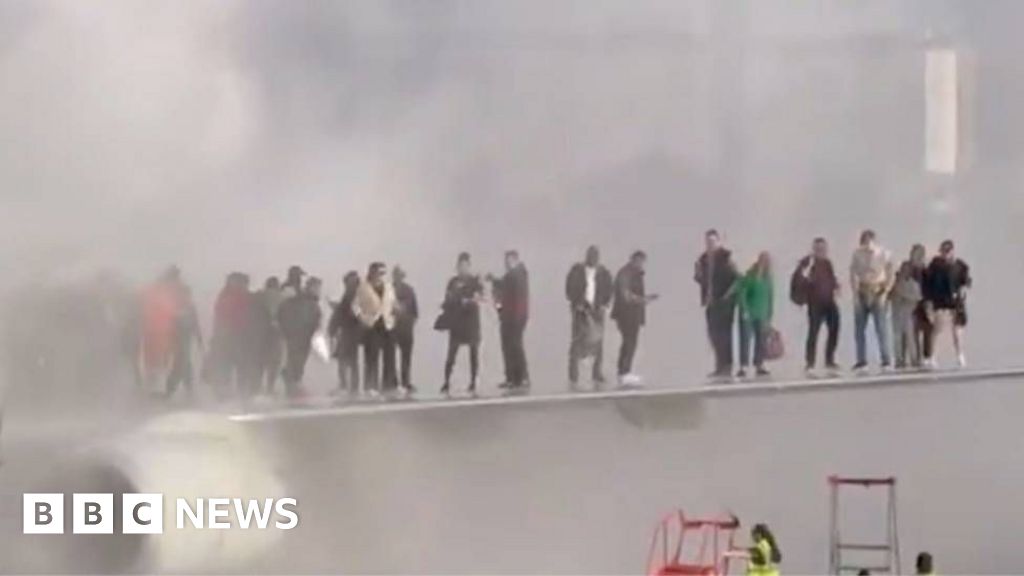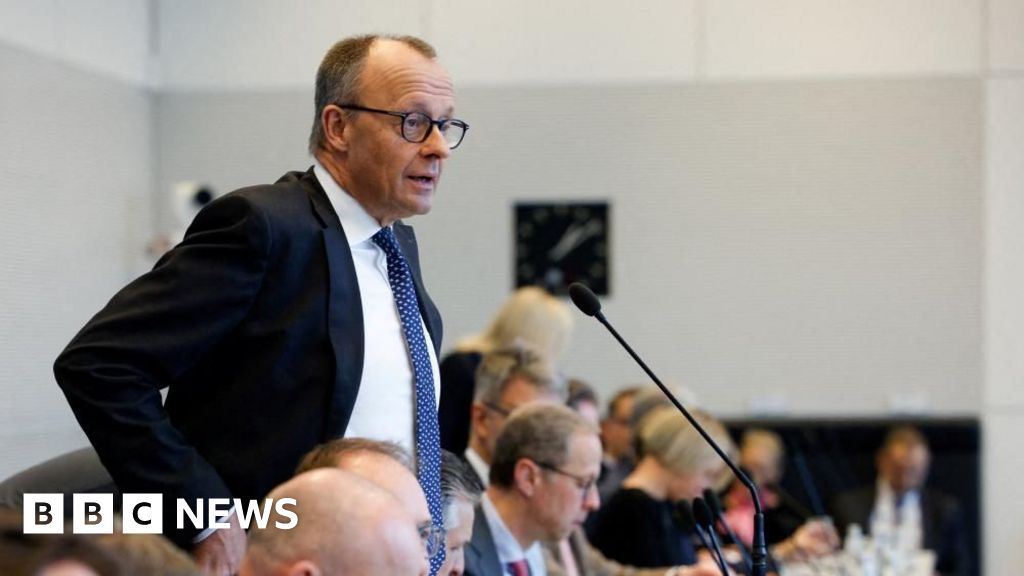On Tuesday, the Iranian men’s national soccer team played a critical World Cup match against the US amid some of the most challenging circumstances any athletes have faced.
Last week, before their first game of the tournament, the Iranian players had refrained from singing their national anthem. They did this to show solidarity with the protesters back in Iran who had taken to the streets after 22-year-old Mahsa Amini died in police custody after being detained for not wearing a hijab. Iran’s government then ordered the players to end their protest, threatening to imprison and torture their loved ones back home, CNN reported, though players have publicly denied this. Before their second game, on Friday, the players mouthed the words to the national anthem with grimaced or tearful faces.
In the days leading up to Tuesday’s game against the US, which would determine who would move on to the next round and who would go home, their country’s political situation remained on center stage as soccer representatives of the two nations had some tense interactions. On Saturday, the US Soccer Federation tweeted a photo showing the World Cup standings, with Iran’s flag edited to remove the emblem of the Islamic Republic, a move it later said in a statement was intentionally meant to show “support for the women in Iran fighting for basic human rights.” That decision led Iranian officials to call on FIFA to expel the US from the World Cup for violating its rule against offending “the dignity or integrity of a country.”
The edited Iranian flag tweet was deleted, but at a press conference on Monday, Iranian journalists grilled US head coach Gregg Berhalter and team captain Tyler Adams about the US’s own foreign policy and social turmoil. “Are you OK to be representing a country that has so much discrimination against Black people in its own borders?” a reporter asked Adams, who is Black. Adams’s response, which went viral, noted that “in the US, we’re continuing to make progress every single day.”
Those tensions were at the front of my mind on Tuesday as Iran’s players sang their national anthem with stone-cold faces. At the bar in Boston where I was watching, an anxious silence filled the room. The stakes for this game were as high as could be: Only one of these teams would advance, while the other would have to wait four more years until their next World Cup opportunity. By the standards of international soccer, both Iran and the US are far from championship contenders, with both outside the top 15 on FIFA’s official rankings. Neither has ever reached a World Cup final in the tournament’s 92-year history. Men’s soccer, the world’s most popular sport, remains a realm where Americans can still enjoy the thrill of cheering on an underdog. And when our national anthem concluded, the crowd around me erupted into cheers, then started chanting “U-S-A.” I pictured the revelry that would consume the place if the Americans were able to win, securing a spot among the final 16 for the first time since 2014.
But then I imagined what would happen if Iran won and continued to make a deep run through the tournament, toppling teams higher on the FIFA rankings. Their underdog story would draw even more attention to the oppression they were experiencing. Imagine if they made the final, traditionally one of the world’s most-watched broadcasts. Would they resurrect their shows of protest on the highest stage? Would Iran’s leaders punish players who carried the nation to its proudest athletic achievement in generations? Maybe the better the team performed, the more global attention, the more domestic support, the more political leverage to protect them and their families.
We know how the match ended, with the US winning by one goal. But even as I watched my American brethren succeed, keeping hope alive that maybe this could be the year the US men’s soccer team advances past the opening rounds, it occurred to me that I was cheering on the villain who ends the journey of this World Cup’s plucky protagonist. Iran’s people care more about soccer than the US’s, and Iran’s players are risking more than any other team to condemn injustice at a World Cup clouded by human rights abuses and suppression of dissent.
Host nation Qatar built stadiums under labor conditions that have left 6,500 migrant workers dead since 2010, maintained laws that criminalize homosexuality, and restricted media from filming in areas that could illuminate labor or living conditions around the country. FIFA, the organization in charge of the World Cup, has defended Qatar’s effort to keep politics out of sight. It prohibited the rainbow armbands that players from seven countries were planning to wear. Instead, Germany’s players took a photo with their hands covering their mouths, England’s players briefly took a knee before the start of their games, and Wales hung a rainbow flag at its training facility.
The players’ protest dilemma reflects a quandary growing more urgent at a time of overlapping crises across the globe, as people navigate harmful institutions, complicit in sins that are rarely easy to detangle from. Though I am aware of Qatar’s human rights abuses, I contribute to the World Cup’s television ratings anyway because watching the games brings me too much joy to pass up. So far, players have taken the prudent route, speaking up as much as they can without damaging their chances of participating in and winning matches.
But what if those players took the field in the rainbow armbands, daring the officials to disqualify them? An act of censorship eliminating teams from competition would be the biggest story in the world, accompanied by a wave of mass outrage. Maybe more teams would have joined in solidarity, and more games canceled, tanking the television ratings enough to make FIFA regret bringing its lucrative tournament to Qatar. Maybe the spirit of protest would have carried over into the next World Cup in 2026, which will feature games here in the US, where recent laws have denied rights to LGBTQ people and restricted abortion access. Unlike the Iranian team, the European players haven’t risked their privilege. US players, who said they had nothing to do with the USSF tweet, haven’t been part of any protest effort this World Cup.
Politics, after all, is not what someone signs up for when they devote their lives to sports. Sport is supposed to be an escape from real-world ills, an outlet that channels emotions toward outcomes with much lower stakes than civil rights, economics, and war.
Yet part of what makes the World Cup so exciting is that serious geopolitical issues are inextricable from fans’ investment in the competition, shaping the literal existence of the nations competing. Uruguay hosted and won the first World Cup in 1930 with a victory in the final against Argentina, the country it once shared a federation with after gaining independence from Spain in the early 19th century. Brazil, which gained independence from Portugal in 1822, won three World Cups with Pelé from 1958 to 1970, then another in 1994. West Germany won three World Cups during the decades of partition, and Croatia reached the tournament final for the first time 27 years after the dissolution of Yugoslavia. In 1998, far-right French politician Jean-Marie Le Pen said that his country’s team wasn’t truly “French” because its players came from so many ethnic backgrounds, only to then witness France win its first World Cup thanks to the brilliance of Zinedine Zidane, of Algerian descent, Thierry Henry, of West Indian descent, and Patrick Vieira, who was born in Senegal.
With France’s victory that year, former colonizer nations of the Global North matched the number of World Cups won by formerly colonized nations of the Global South. At the next World Cup, in 2002, Brazil tilted the scales back in favor of the South, winning its fifth championship, the most any country has achieved and five more than its former colonizer Portugal has won. But the demographic makeup of teams like Germany, England, and Belgium reflects the latest migration patterns, as people from the Global South make their way to nations whose wealth traces to imperialism. Western European nations won the next four World Cups with teams that were increasingly filled with the descendants of colonized people. When France won the World Cup for the second time, in 2018, 17 of its 23 players were immigrants or children of immigrants.
In the past, I found it easy to root against the imperialist teams, but that calculus gets complicated the more those teams change. Paris-born star Kylian Mbappé is the son of a Cameroonian father and a mother of Algerian descent. Canada’s Alphonso Davies was born in a refugee camp in Ghana. Twelve of the 26 players on the US team are Black, as many as the 1994, 1998, and 2002 teams combined.
One of them, Sergiño Dest, was born in the Netherlands to a white Dutch mother and an American father whose ancestry traced to Suriname. On Tuesday, in the game’s 38th minute, Dest headed the ball to Christian Pulisic, a white American regarded as the country’s best player, who knocked it into the goal to give the US a 1–0 lead.
“U-S-A!” the crowd around me chanted, exchanging high fives and yelps. I cheered too, raising my arms in triumph and pride for the country my Filipino elders immigrated to.
When the Iran–US game started, I counted that I was one of three people of color in a bar filled with close to a hundred people. Then, early in the second half, two more took the open seats next to me, Bassel Heiba Elfeky and Billy Strickland, NYU graduate students in Boston for a physics conference. I quickly realized that Elfeky was rooting for Iran. He expressed himself quietly at first, under his breath, gradually rising in tenor as the game intensified in its final minutes with the US desperately clinging to its lead. When the rest of the bar groaned over a penalty called on the US, he pumped his first. While the rest of the bar clapped for a US corner kick, he shook his head.
“Going for the US, it doesn’t feel right,” said Elfeky, who grew up in Egypt and moved to the US for college. “They have a lot of money. And the men make way more than the women, even though the women are so much better. Then you have Iran, who is a complete underdog.”
Strickland, who grew up in LA and is partly of Japanese descent, said he would support Japan’s team over the US’s if they played each other. Elfeky said he always roots against the US men’s soccer team.
“At the end of the day, they play a very boring game,” he said of their tactical style.
In the closing minutes, the US cleared out an Iranian shot that seemed bound to tie the game, and Elfeky let out a “goddamnit.” When the final whistle sounded, sealing the US’s victory, he sighed, shrugged, and said, “It was a good game.” Both teams played hard, helped each other up off the grass, and demonstrated the camaraderie that leads people to say that sports transcends politics. In an Instagram post, US player Tim Weah would call Iran’s players “an inspiration” for how they “displayed so much pride and love for their country and their people.”
Elfeky carried the disappointment familiar to any fan forced to acknowledge that justice rarely prevails in sports. While others around them took celebratory whiskey shots, he and Strickland threw on their jackets and backpacks and headed out. Soon Iran’s players would be home too, to face whatever awaits them.●

 2 years ago
18
2 years ago
18









